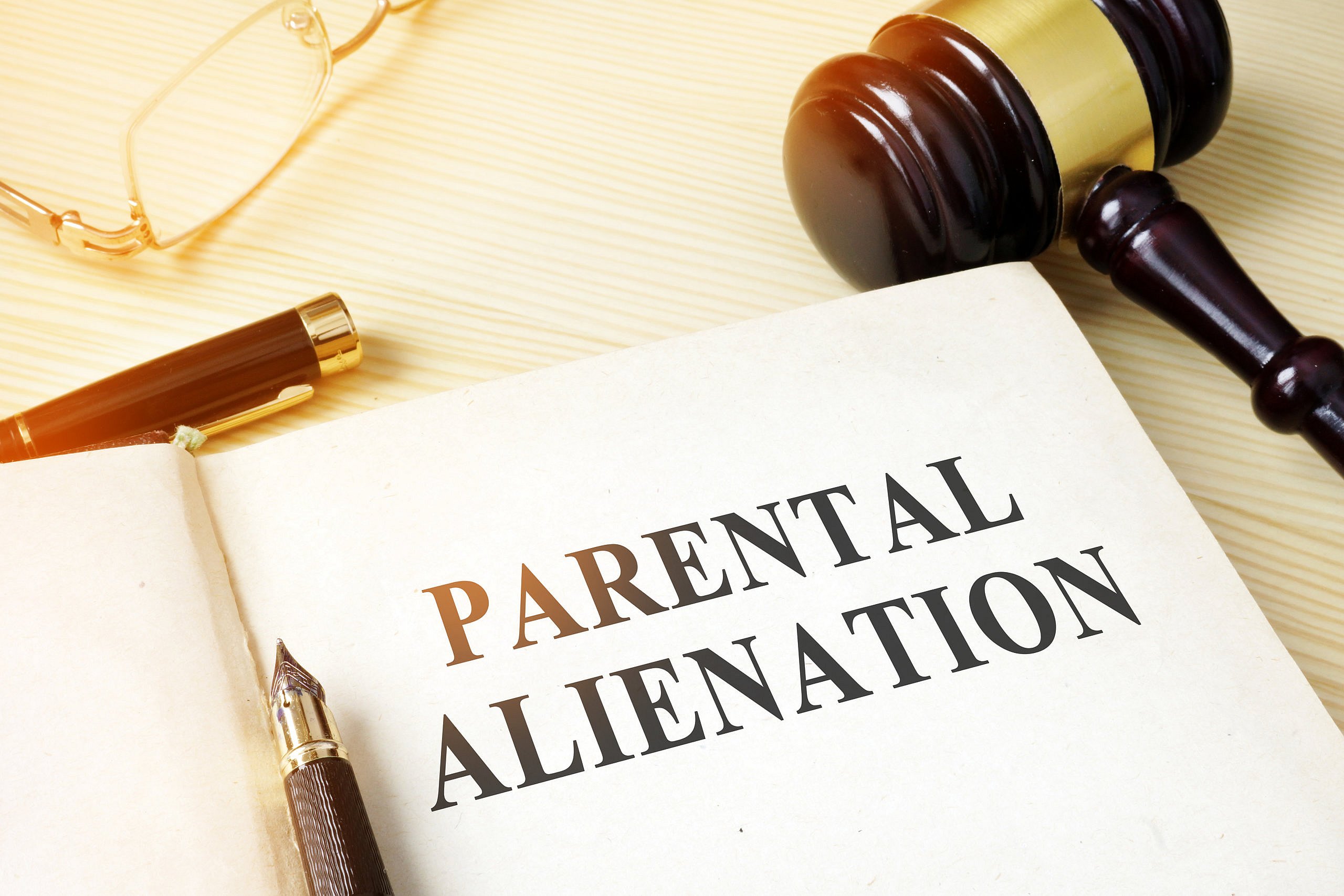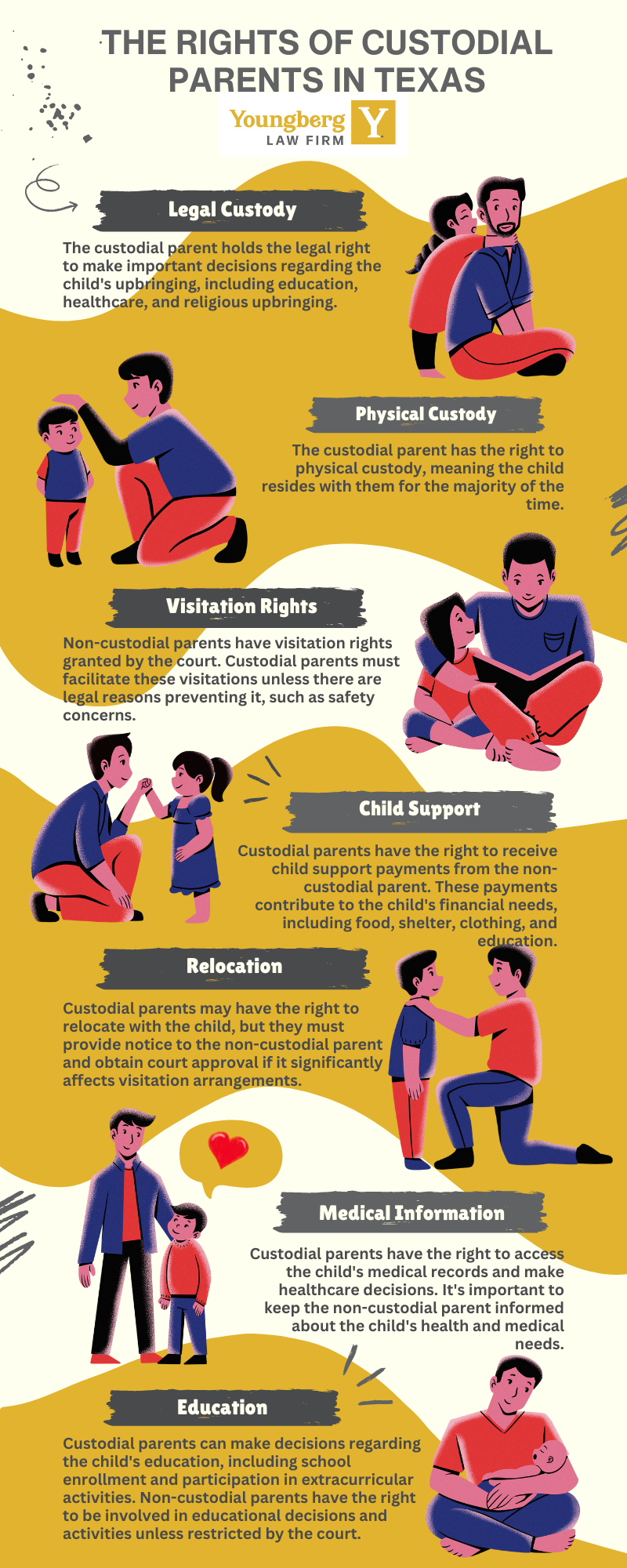I feel alienated from my children, what should I do?
Whether the transition is caused by a divorce, or another legal separation such as a child custody action, transitioning from one household to two can be a stressful time for everyone involved. That stress is only worsened when a child suddenly becomes withdrawn or combative with one parent in favor of the other due to the favored parent’s influence. Since possession time with your client will be limited after your divorce or separation, whether you are the primary custodian or not, this can cause you to lose valuable possession time or poison your time with the child. If you feel isolated or are in constant conflict with your child due to the other parent’s influence, you might be experiencing parental alienation and an experienced family lawyer to discuss your options.
What is Parental Alienation?
Parental alienation is most often seen in its symptoms. Your child may be suffering from parental alienation if, after a divorce or other separation, the child suddenly becomes withdrawn, combative, or the child is outright refusing to see one parent in favor of the other. This may be caused by false or exaggerated information given to the child by the favored parent regarding the child custody case, or the divorce. Often the favored parent tells the child about the other parent’s “fault” (real or imagined) in the divorce or the parties’ separation in order to make the child angry with the alienated parent. This type of “poisoning” from one parent about the other can lead the child to form biased opinions of the alienated parent based on false or inaccurate information, and can lead to the child drastically changing their behavior towards the alienated parent.
Signs that a parent is being alienated from their child can look like the child being unusually withdrawn from the alienated parent, not wanting to speak with the alienated parent, accusing the parent of harmful actions, parroting language or rhetoric used by the favored parent, difficulty, or outright refusal to go with the alienated parent during visitation, or a soured mood when around the alienated parent. Often this behavior does not crop up all at once, but grows steadily after the parties divorce or separation. Sometimes alienation starts before the divorce or custody case is even completed. In those cases it is important to discuss the issues with your divorce lawyer or family lawyer about the concerns you have about your child’s actions.
In more severe cases of parental alienation, the child could display harmful tendencies, self- harm or other mental illness, and may say that they want to cut all contact with the alienated parent. If you find yourself being alienated from your child, and unable to visit the child at all or without conflict, you should contact an experienced family lawyer for legal advice.
How to approach the child as the alienated parent
- Always keep calm; Do not lose your temper with the child, act aggressive, harshly criticize, or punish the child. Remember, the child is reacting to the favored parent’s false or inaccurate statements about you or the facts of your divorce or custody case. The child will only be further alienated by a negative reaction.
- Do not passively allow the favored parent and child to dictate visitation or terms of visitation, follow the established court order, and do not budge on your visitation time. Do not wait for the child to come around on their own. If a child is constantly being told negative information about a parent they will continue to act on those thoughts, feelings, and ideals. If the child is constantly combative or refusing to go with you for your possession, speak with an experienced family lawyer about setting up reunification counseling, enforcing your order, and other legal means to resolve the issue.
- Engage with the child positively in a conflict-free and pleasurable environment such as a place or activity the child enjoyed with you in the past.
- Respect the feelings of the child, do not be dismissive of their feelings no matter how swayed or poisoned they may seem to you. Do not tell them that they are not angry or afraid of you. Allow the child to express their feelings on their own and allow them to have a safe space to voice their feelings. Pushing the child to see your point of view or change what the favored parent has said will only create more tension between you and the child. A counselor may be needed in more severe cases to help facilitate communication.
- Do not accuse the child of repeating what they have heard from the favored parent. While it might be true, this will only create more conflict between you both as well as invalidate the child’s feelings on the situation.
- You may ask the child for examples or justification for accusations they make if the child brings it up first.
- Keep record of any text messages, emails, or communications that exhibit the parroted behavior or influence of the favored parent. Communicate with the favored parent via text message or e-mail and maintain a record of any times they attempt to deny you possession of the child. This record will help you and your family lawyer in your enforcement case, should it be needed.
- Above all, do not badmouth the favored parent. Adding more conflict, negative information, or pressure to the child will only cause them to lash out and deepen the divide between you both.
What can the Court do about my parental alienation situation?
The Court’s goal when establishing or modifying a custody order is to ensure that the children are in a situation where their needs are met. Though you may not always agree with the court’s rulings, the court’s goal is to ensure that the child’s physical and emotional needs are met and that the rulings regarding conservatorship, possession and access are in the best interest of the child. When determining the possession schedule in a divorce, original custody case, or custody modification case in a situation involving an alienated parent, some factors the Court will consider are as follows:
- Which parent consistently nurtures the child rather than being their friend?
- Is the child in a situation where they are having to support the parent emotionally such as consoling the parent about the situation or exhibiting reluctance to leave the parent by themselves for long periods of time?
- Which parent is consistently involved in the child’s schooling, emotional development, and their overall safety?
- Is the child being abused in any way?
- Which parent encourages a healthy relationship between the child and the other parent?
- What concerns are expressed by the child’s counselor, if any?
- If the child is over 12 years old, the child’s wishes may also be a factor, though they are not determinative.
Contact a Family law attorney for help today.
Navigating between separation and divorce of after a child custody case can be strenuous, a trusted and experienced family lawyer or divorce lawyer can help. At Youngberg Law Firm, we strive to lessen the burden on you and fight for you in court for reasonable and fair custody orders. Our family lawyers strive to help you obtain results that are in the best interest both of you and your child. Our family law firm handles all cases with dignity and respect to best serve our clients. Please contact us for a consultation with one of our divorce and family lawyers today.






